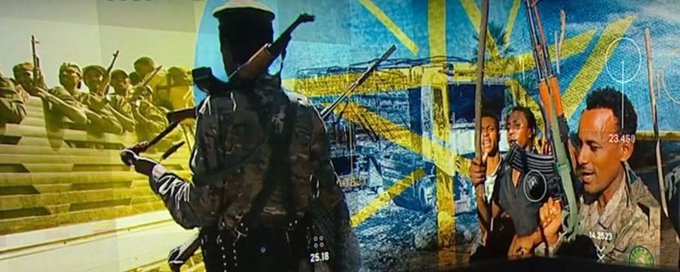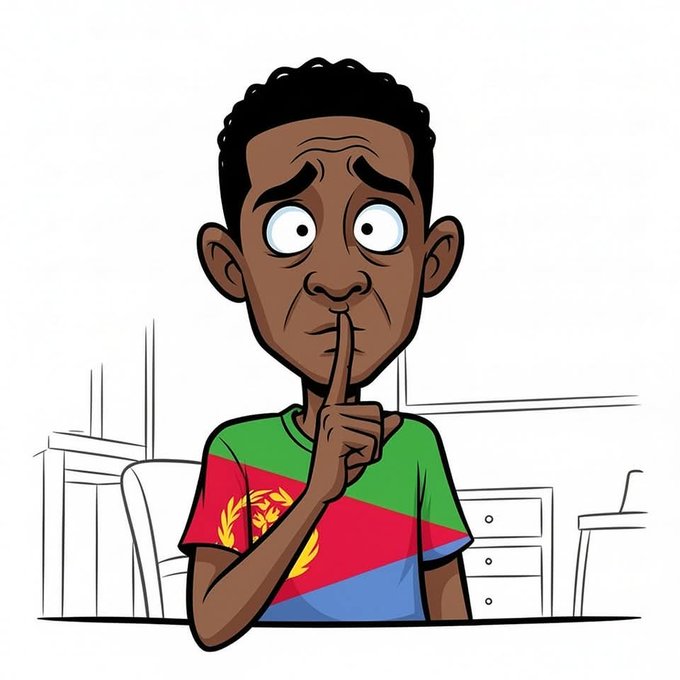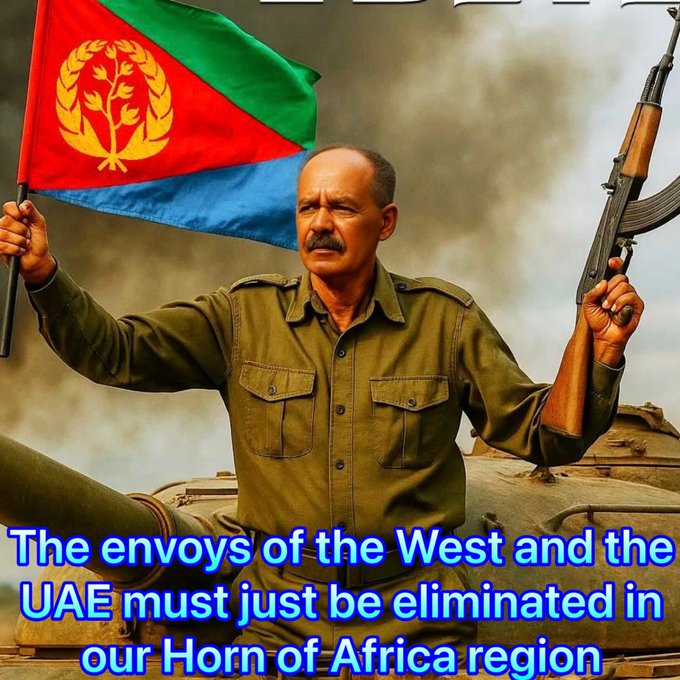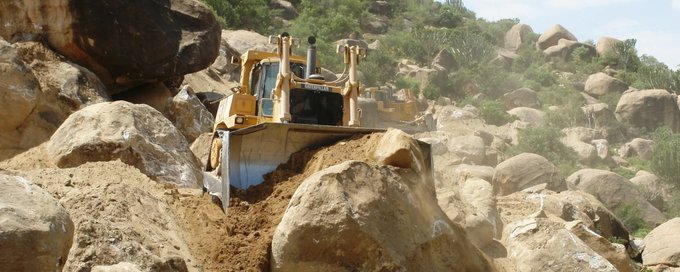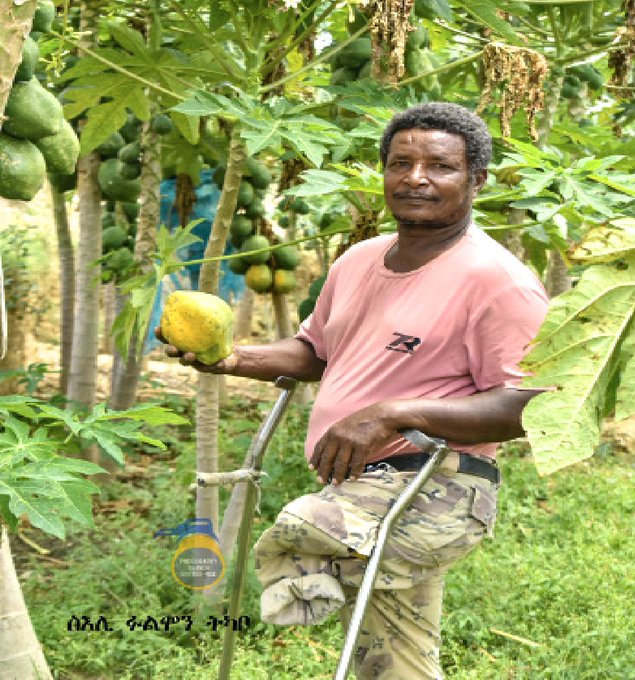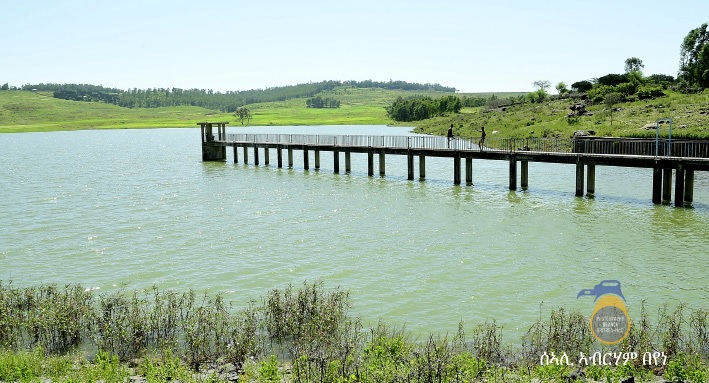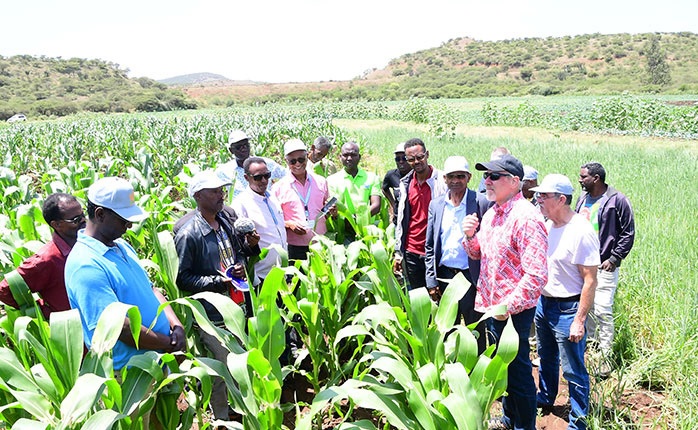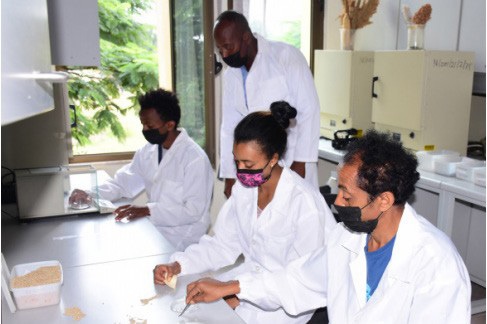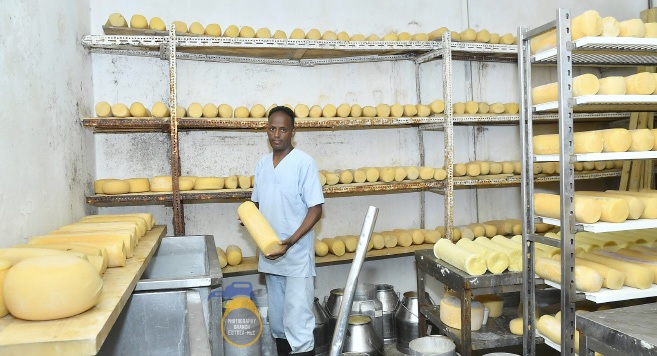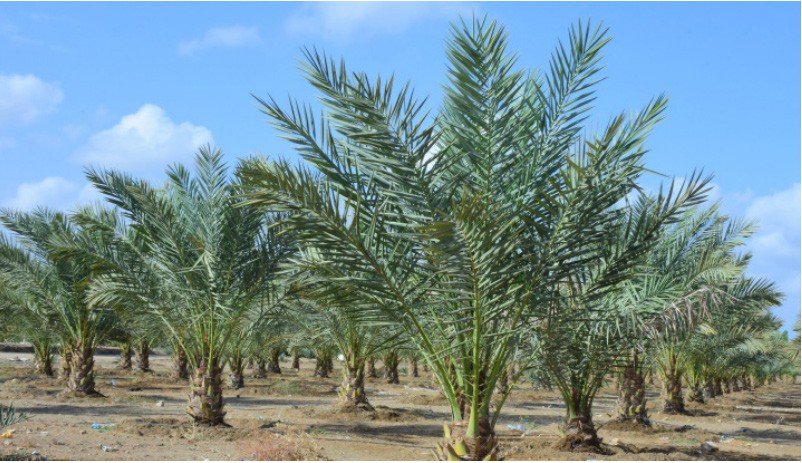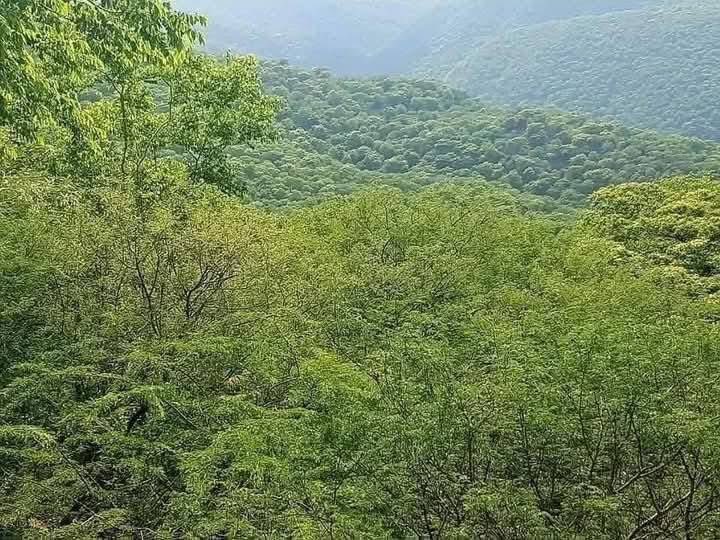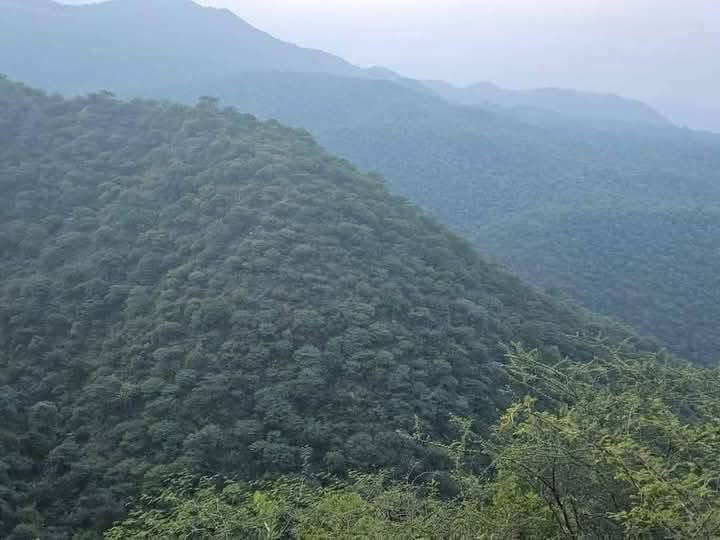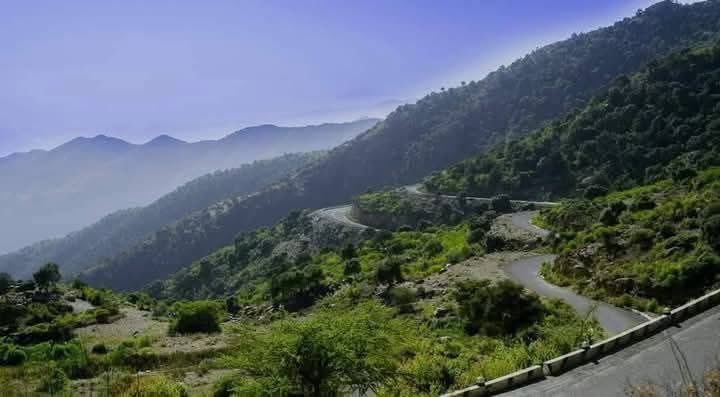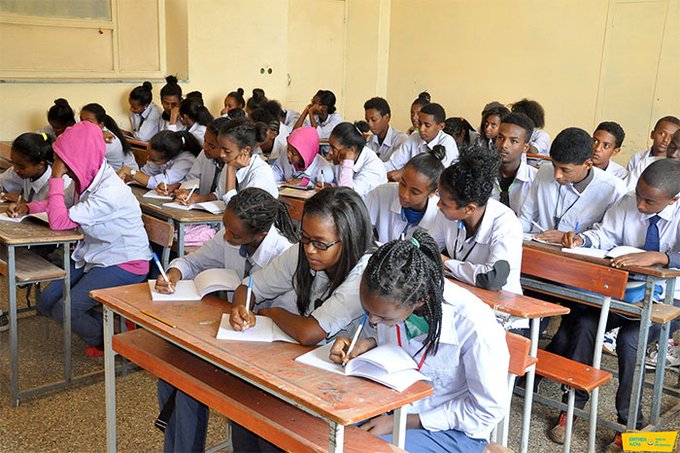______________
Beyond the Horizon of Rhetoric: Ethiopia’s Choice, Eritrea’s Red Line
Part two
Historical Claim
Ethiopia’s historical claims over Eritrea’s territory revolve around the hegemonic mythology of ‘Greater Ethiopian Empire’, spanning for more than 3000 years. The narrative of Greater Ethiopian Empire is adopted by external powers to their own ends, especially during the cold war period. Ethiopia is a representation constructed to project Western power in the geopolitically crucial horn of Africa and red sea arena. Hence, the Ethiopian state was invested with enormous emotional, political and material support to maintain superpower interests in the region. Ethiopia as a dependent colonial state was maintained both as a conduit to conquer ‘weaker states’ as well as a cushion to prevent war and fragmentation among competing European powers, vying to cash in on the vast natural resources’ endowment in the region (Holcomb and Sisai 1990).
Hence, Ethiopian political classes’ claim over Eritrean territory should be analyzed against this backdrop. In his recently released book
An African People’s Quest for Freedom and Justice,
renowned Eritrean historian, Alemseged Tesfai sheds light on how the ‘Grand Imperial Ethiopia’ narrative was pushed by Ethiopian scholars to [deleted] their claims of Eritrea as an integral part of Ethiopia, since time immemorial. This grand Ethiopian narrative is amplified largely by western scholars; who inexorably provide more coverage and prominence to narratives that promote the mythical representation of Ethiopia as an ancient civilization with over 3000 years of continued existence, while ignoring and silencing narratives that challenge this discourse of invented magnanimity. This conjured myth of civilizational magnanimity is so much misrepresented that the UNGA applied it when it passed resolution 390A(V) to forcefully federate Eritrea with Ethiopia, in 1952 (details will follow).
The aim here isn’t to dig deep into the pre-colonial history of African states. The critical period of history which defined the emergence and formation of modern African states as we know them today (including Eritrea and Ethiopia), is the European conquest of Africa? There is no question, those parts of Southern Eritrea, and parts of Northern Ethiopia did once form parts of the Axumite Empire (1st up to 7th A.D). But the Axumite Kingdom collapsed long before Columbus discovered America. The expansionist conquest of other people’s territory also continued in the 18th century by Abyssinian rulers at the behest of imperialist wester powers. Since, none among the imperialist powers had clear dominance of the region, they colluded with the Abyssinian rulers in order to ensure access to the Horn and avoid open conflict among themselves. Since the Abyssinian rulers were had the blessing of the European Great Powers, they were unrestrained in conquering other people’s territory; especially the territory North of the Mereb tributary. Alemseged Tesfai also captured this in his recent book saying
Prior to the 18th Century, the territories that we call today Ethiopia and Eritrea didn’t exist unified political entities. Alemseged notes that….since the mid-18th century, historical contacts of varying degrees and frequency existed between the two populations [Eritrea and Ethiopia]—closer and more frequent in the proximate kebesa, also known as Mereb Mellash; intermittent in the Bogos—Habab areas of the north; and virtually non-existent (except for raids and invasions) in the western lowlands, the metahit.
Eritrea was also never a united entity prior to the European colonization of Africa. The Ottoman empire conquered the Red Sea coast (Mitsiwa’e) in 1557 and kept it until 1866. The Turkish didn’t have a full control of present-day Eritrea, but they left behind a collective memory of suffering that the ‘Turkish Colonization’ is a euphemism for the worst form of oppression one can endure. The Egyptians also controlled parts of present-day Eritrea to secure their influence on the source of the Nile and therefore invaded Eritrea in 1875. In all of these periods, none of the kings and emperors that ruled parts of present-day Ethiopia (post 1889) had treated Eritrea as part of Ethiopia. The Shewan king Menelik, never put a claim on a sea outlet. He was preoccupied with conquering more territories and expanding to the southwest, south and east, short of the seacoast (Bokretsion Haile, 2000).modern Ethiopia, although the product of centuries of shifting centres of feudal power, mainly in Tigray, Gonder, Welo and Showa, and of attempts at conquest and unification by emperors Tewodros and Yohannes in the 1860s and 1880s, actually took shape with Menelik’s establishment of the Empire of Ethiopia at the end of the 1800s, during the Scramble for Africa.
Italy faced little resistance, when it established Eritrea as its colony. The little resistance that Alula put-up in Sehatit and Dogali was meant to stop Italian advances further south of its new colony; not to defend Eritrea. On the other hand, because the people of Eritrea had enough with the brutality of relentless raids and pillaging by warlords from the south, they collaborated with the Italians to call an end to the pillaging.
Now, the issue of whether precolonial Eritrea was connected to Ethiopia of the same period [precolonial], is less relevant in the current context. The real issue is as Alemseged rightly observed
In this sense, if, as Renan puts it, being a nation iswhat those historical contacts meant for the people whom Italy assembled together as on colonial territory?
then the past history that led to the emergence of present day Eritrea is one of a collective memory of suffering in the hands of successive campaigns of pillage, enslavement and annihilation by successive warlords, emperors and warlords from the south of the border.the possession in common of a rich legacy of memories; the present- day consent or the desire to live together; or the will to perpetuate the value of the heritage that one has received in an undivided form
Again, if the adage
has any resemblance in the history of modern nations, it is its poignant relevance to the history of the Eritrean people.one loves in proportion to the sacrifices to which one has consented, and in proportion to the ills that one has suffered
Again, what binds African countries together are: i) the colonial boundaries that were established by European powers and ii) the emotional feeling of togetherness that they have formed as a result of their sufferings and some form of collective humiliation in the hands of successive colonial powers.
This isn’t to insinuate, that the people didn’t have a collective agency. In the case of Eritrea, Italy didn’t fill a barren territory with no human society and history. On the contrary, the society that inhibited present day Eritrea was a society of ‘autonomous communities’ with mutually reinforcing customary laws that govern their everyday lives and that transcend their ethnic, religious and tribal composition and diversity. In this case, Bairu Tafla challenges the historical narrative that takes Eritrea barely as a creation of Italian colonialism, with no collective history or any form of statehood. Bairu argues that the history of societies isn’t necessarily associated only with a particular form of political or civic organization that emerges in any particular moment. Any society gives historical substance to its collective activities regardless of the diversity of its political and economic forms. Bairu contends the historical quintessence of any society is constituted by
the daily life of the inhabitants, their beliefs and institutions, their laws and traditions, their trade and industry, their concerted actions for war or peace- in short, all spheres of activities of the society.
In this regard, the Eritrean people has enough collective experience, that makes up the history of diverse communities living in a given territory. Italy didn’t thus fill a territory that’s void of common history and experience. What came to be known as ‘Eritrea’ after the scramble for Africa is a community of collective historical memory that transcend social, ethnic, linguistic and religious divides.
There are plenty of works out there challenging the historical narrative of the Ethiopian political classes’ framing of Eritrea as an ‘amputated part of Ethiopia’. The recently released book by renowned Eritrean historian Alemseged Tesfai, is the most comprehensive scholarly rebuttal. Other works are that of Bairu Tafla, Bereket Habteselassie, John Sorenson, Bokretsion Haile, Holcomb and Sisai Ibssa, Richard Greenfield, Zemhret Yohannes…etc. we will limit our discussions on the fallacy of the historical narrative here and revert to dissect the veracity of the claims of Ethiopian political class on the validity of the Colonial Treaties, Eritrea’s right for Self-determination, the applicability of the law of the Sea, Eritrea’s referendum and the transition period in both Eritrea and Ethiopia…etc. we are discussing these issues not because there is a point of contention in as far as the legitimacy of Eritrea’s sovereignty and independence is concerned, but to provide a coherent rebuttal and expose the fallaciousness of the claims of Ethiopian political class.
